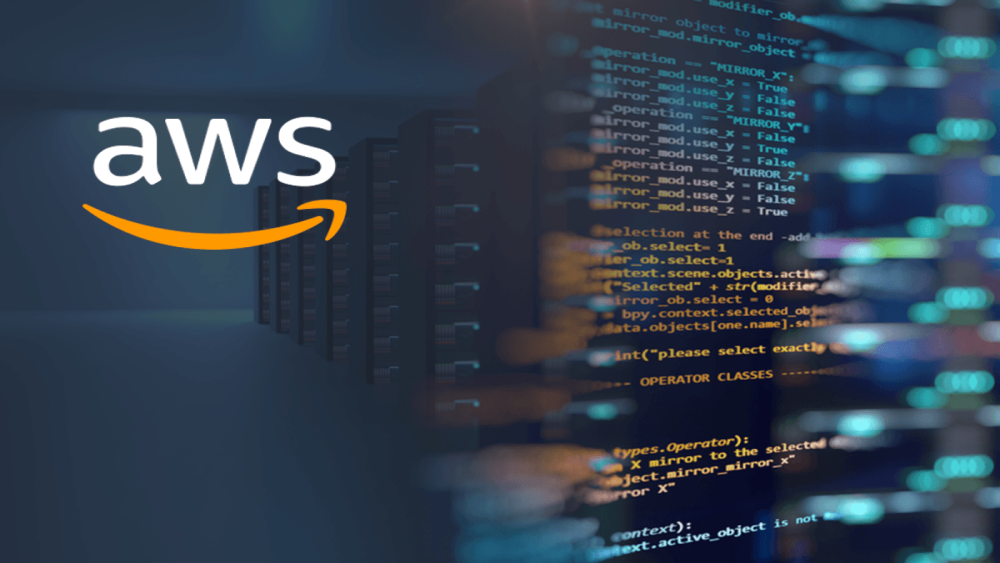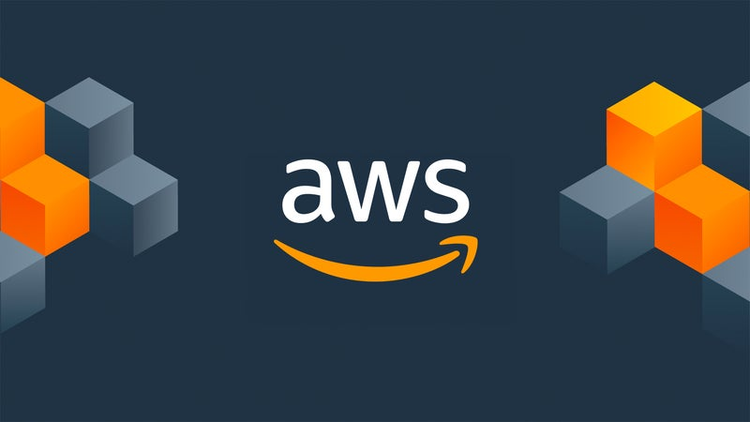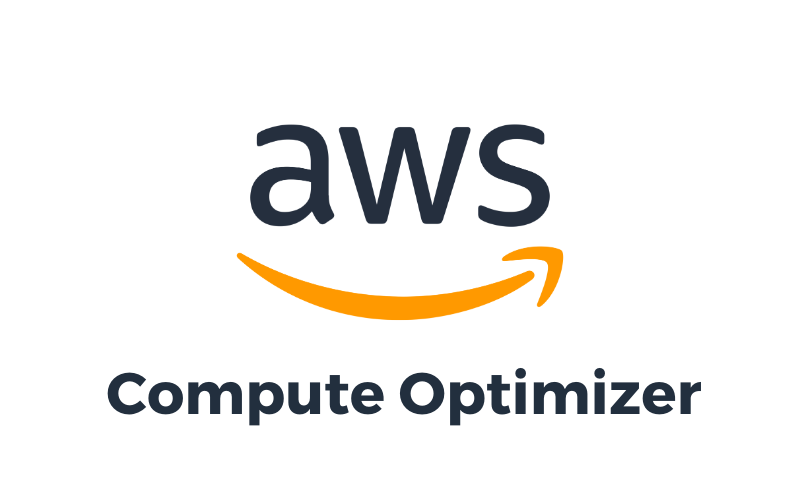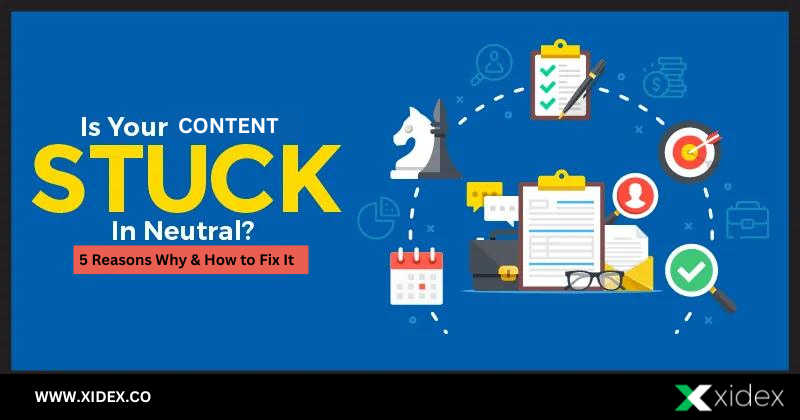AWS Compute Optimizer and Cost Explorer are both tools offered by Amazon Web Services (AWS) that can help you optimize your AWS usage and reduce costs. However, they serve different purposes and are used in different situations.
AWS Compute Optimizer is a service that provides recommendations for optimizing your AWS compute resources, such as Amazon EC2 instances, Amazon EBS volumes, and AWS Lambda functions. It uses machine learning algorithms to analyze historical usage data and provide recommendations on instance types, sizes, and families that are better suited for your workload. AWS Compute Optimizer can help you save costs by identifying underutilized resources and recommending changes to your instance types or sizes, which can result in improved performance and lower costs.
On the other hand, AWS Cost Explorer is a service that provides a detailed view of your AWS spending and usage patterns. It allows you to visualize and analyze your AWS costs over time, identify cost trends, and create custom cost reports. Cost Explorer can help you monitor your AWS usage and identify opportunities for cost optimization.
In summary, if you want to optimize your AWS compute resources, use AWS Compute Optimizer. If you want to monitor your AWS costs and identify opportunities for cost optimization, use AWS Cost Explorer. You can also use both services together to get a more comprehensive view of your AWS usage and optimize both your compute resources and cost
What Is AWS Compute Optimizer?
AWS Compute Optimizer is a service offered by Amazon Web Services (AWS) that provides recommendations for optimizing your AWS compute resources. It uses machine learning algorithms to analyze your historical usage data and provides recommendations on instance types, sizes, and families that are better suited for your workload. This can help you improve the performance of your applications and reduce costs by identifying underutilized resources and recommending changes to your instance types or sizes.
AWS Compute Optimizer can analyze various types of compute resources, including Amazon EC2 instances, Amazon EBS volumes, and AWS Lambda functions. It provides personalized recommendations for each resource, taking into account your workload’s specific requirements and usage patterns. The recommendations are presented in a dashboard that shows the resource’s current configuration, the recommended configuration, and estimated cost savings.
In addition to providing recommendations, AWS Compute Optimizer also provides a set of APIs that you can use to integrate with other AWS services or third-party tools. You can use these APIs to automate the process of optimizing your compute resources or to incorporate the recommendations into your existing infrastructure management tools.
Overall, AWS Compute Optimizer can help you optimize your AWS usage, improve the performance of your applications, and reduce costs by providing personalized recommendations for your compute resources

How AWS Compute Optimizer Works
AWS Compute Optimizer uses machine learning algorithms to analyze your historical usage data and provide recommendations for optimizing your AWS compute resources. The service analyzes various metrics such as CPU utilization, network utilization, memory utilization, and disk I/O to determine the optimal instance type, size, and family for your workload.
Here’s how AWS Compute Optimizer works:
- Data collection: AWS Compute Optimizer collects data from your AWS resources, including EC2 instances, EBS volumes, and Lambda functions. The data collected includes usage patterns, performance metrics, and configuration details.
- Analysis: AWS Compute Optimizer analyzes the collected data using machine learning algorithms to identify patterns and trends in your usage data. It then generates recommendations for optimizing your resources based on your workload’s specific requirements and usage patterns.
- Recommendation: AWS Compute Optimizer provides personalized recommendations for each resource, taking into account factors such as performance, cost, and availability. The recommendations are presented in a dashboard that shows the resource’s current configuration, the recommended configuration, and estimated cost savings.
- Continuous monitoring: AWS Compute Optimizer continuously monitors your usage patterns and adjusts its recommendations based on changes in your workload. This ensures that your resources remain optimized over time and that you are always using the most cost-effective and performant configurations.
In summary, AWS Compute Optimizer uses machine learning algorithms to analyze your historical usage data and provide personalized recommendations for optimizing your AWS compute resources. By continuously monitoring your usage patterns and adjusting its recommendations over time, AWS Compute Optimizer can help you reduce costs, improve performance, and increase efficiency in your AWS environment.
What Are the Benefits of Using Compute Analyzer?
AWS Compute Optimizer, formerly known as AWS Compute Analyzer, offers several benefits for optimizing your AWS compute resources:
- Cost savings: By providing recommendations for instance types and sizes that are better suited for your workload, AWS Compute Optimizer can help you reduce your AWS costs. The service identifies underutilized resources and recommends changes to your instance types or sizes that can result in significant cost savings.
- Improved performance: AWS Compute Optimizer analyzes your usage patterns and provides recommendations for configurations that can improve the performance of your applications. This can help you deliver better user experiences and improve the overall efficiency of your infrastructure.
- Personalized recommendations: AWS Compute Optimizer provides personalized recommendations for each resource, taking into account your workload’s specific requirements and usage patterns. This ensures that the recommendations are tailored to your specific needs and can provide the most significant benefits.
- Continuous monitoring: AWS Compute Optimizer continuously monitors your usage patterns and adjusts its recommendations based on changes in your workload. This ensures that your resources remain optimized over time and that you are always using the most cost-effective and performant configurations.
- Integration with AWS services and third-party tools: AWS Compute Optimizer provides APIs that you can use to integrate with other AWS services or third-party tools. This allows you to automate the process of optimizing your compute resources or to incorporate the recommendations into your existing infrastructure management tools.
Overall, AWS Compute Optimizer offers a range of benefits for optimizing your AWS compute resources, including cost savings, improved performance, personalized recommendations, continuous monitoring, and integration with other AWS services and third-party tools.

What Are AWS Compute Optimizer’s Limitations?
AWS Compute Optimizer is a powerful service for optimizing your AWS compute resources, but it does have some limitations that you should be aware of:
- Limited scope: AWS Compute Optimizer only analyzes compute resources such as EC2 instances, EBS volumes, and Lambda functions. It does not provide recommendations for other types of resources such as databases or storage services.
- Historical data requirement: AWS Compute Optimizer requires historical data to generate its recommendations. If you have recently migrated to AWS or have not been using your resources for long, the service may not be able to provide accurate recommendations.
- Limited coverage of instance types: AWS Compute Optimizer does not cover all instance types, sizes, and families. Some instance types may not be supported, which can limit the service’s effectiveness for certain workloads.
- Limited customization: AWS Compute Optimizer provides personalized recommendations based on your usage patterns, but it does not allow for customizing the recommendations based on specific requirements or constraints.
- Cost impact analysis limitations: AWS Compute Optimizer provides cost impact analysis based on a simple hourly rate calculation. However, it does not take into account complex pricing models or discounts such as reserved instances or savings plans.
Overall, while AWS Compute Optimizer is a valuable tool for optimizing your compute resources, it does have some limitations that you should consider when using the service.
Is There A Better AWS Compute Optimizer Alternative?
AWS Compute Optimizer is a robust service for optimizing your AWS compute resources, but there are alternative services available that you may want to consider based on your specific needs. Here are some AWS Compute Optimizer alternatives you might want to look into:
- Spot Instances: AWS Spot Instances allow you to purchase unused EC2 capacity at a discounted rate. This can result in significant cost savings, but it requires that your workload can be interrupted or stopped without causing significant disruptions.
- AWS Trusted Advisor: AWS Trusted Advisor is a service that provides recommendations for optimizing your AWS infrastructure across multiple areas, including compute, storage, security, and cost optimization. While it does not provide as detailed compute resource optimization recommendations as Compute Optimizer, it can provide a more comprehensive view of your infrastructure’s optimization opportunities.
- Third-party optimization tools: There are several third-party optimization tools available that can provide more granular and customizable optimization recommendations than Compute Optimizer. These tools include CloudCheckr, ParkMyCloud, and Turbonomic.
- AWS Cost Explorer: AWS Cost Explorer is a service that provides cost and usage reports, forecasts, and recommendations for reducing your AWS costs. While it does not provide the same level of compute resource optimization recommendations as Compute Optimizer, it can provide insights into cost optimization opportunities across your entire AWS infrastructure.
Ultimately, the choice of the best AWS Compute Optimizer alternative depends on your specific needs and the types of optimization recommendations you are looking for. It’s worth exploring multiple options and comparing their features and benefits before making a decision.
AWS Compute Optimizer FAQ
Here are some frequently asked questions about AWS Compute Optimizer:
Q: What types of resources does AWS Compute Optimizer analyze? A: AWS Compute Optimizer analyzes EC2 instances, EBS volumes, and Lambda functions.
Q: How does AWS Compute Optimizer generate its recommendations? A: AWS Compute Optimizer uses machine learning algorithms to analyze historical usage patterns and generate personalized recommendations for each resource.
Q: How much does AWS Compute Optimizer cost? A: AWS Compute Optimizer is offered at no additional cost. You are only charged for the resources that you use, such as EC2 instances and EBS volumes.
Q: How do I access AWS Compute Optimizer? A: AWS Compute Optimizer can be accessed through the AWS Management Console, AWS CLI, or API.
Q: Can AWS Compute Optimizer be used with all AWS regions? A: No, AWS Compute Optimizer is currently available in select regions. You can check the AWS documentation for the latest list of supported regions.
Q: Does AWS Compute Optimizer provide recommendations for reserved instances or savings plans? A: No, AWS Compute Optimizer does not currently provide recommendations for reserved instances or savings plans. However, it does provide cost impact analysis based on a simple hourly rate calculation.
Q: Can AWS Compute Optimizer be used to optimize resources outside of AWS? A: No, AWS Compute Optimizer is only designed to analyze and optimize AWS resources.
Q: How often are AWS Compute Optimizer recommendations updated? A: AWS Compute Optimizer recommendations are updated daily based on your usage patterns.
Q: Can AWS Compute Optimizer make changes to my resources automatically? A: No, AWS Compute Optimizer only provides recommendations. You must manually implement any changes to your resources based on these recommendations.
Q: What is the difference between AWS Compute Optimizer and AWS Trusted Advisor? A: AWS Compute Optimizer analyzes compute resources such as EC2 instances, EBS volumes, and Lambda functions, while AWS Trusted Advisor provides recommendations for optimizing your entire AWS infrastructure across multiple areas, including compute, storage, security, and cost optimization.
Read More : Everything you need to know about Virtual Reality





